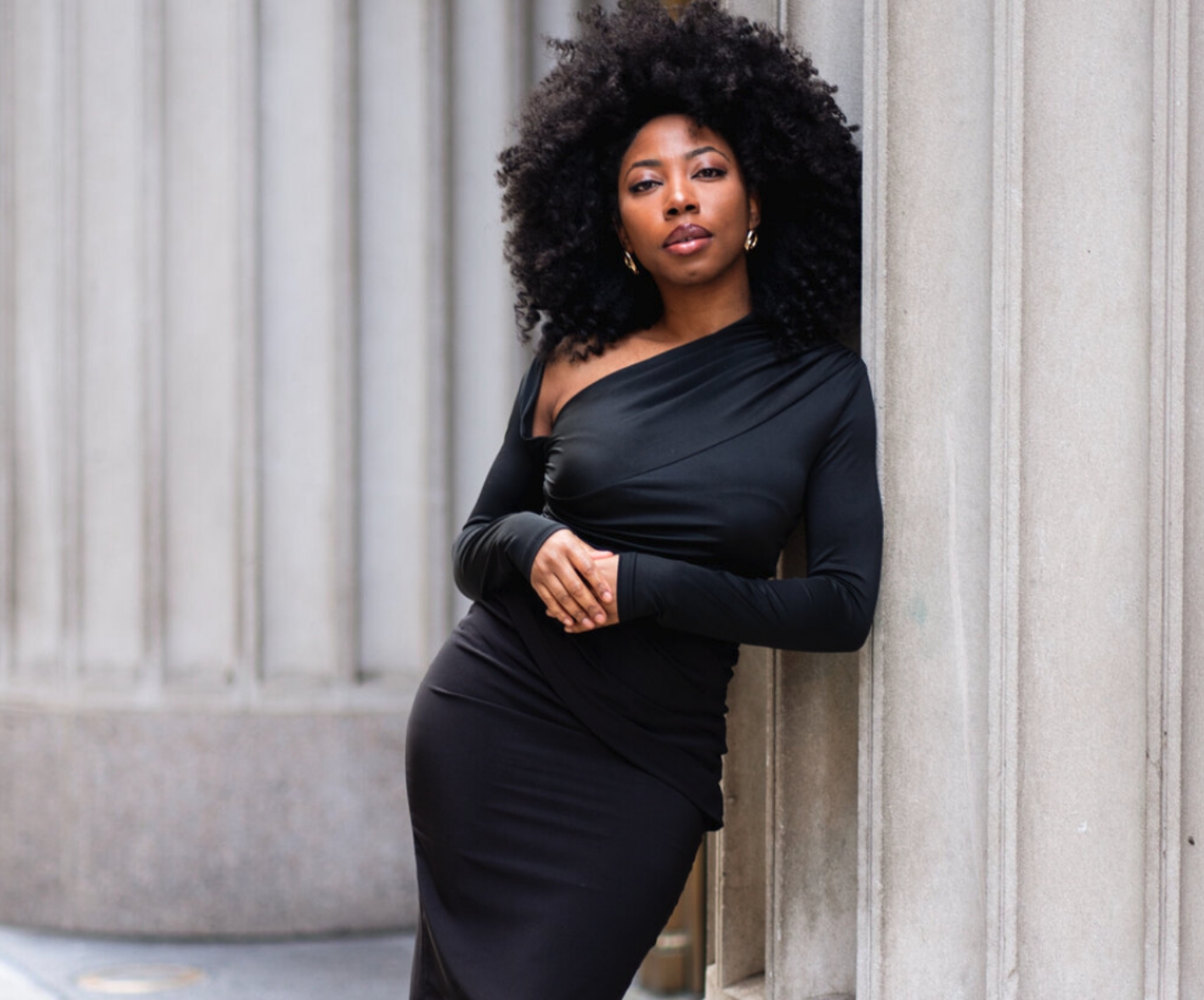Growing up as a first-generation Nigerian-American, I learned early on that my hair was more than just strands atop my head—it was a symbol of identity, heritage, and resilience. My curls, coils, and the styles I carefully crafted with my mother and friends were part of my cultural expression and personal pride. However, entering the corporate world, I quickly discovered that my natural hair could also be a source of discrimination, bias, and even job insecurity. This experience is not unique to me. It’s a reality many Black women face daily, and it’s why legislation like the CROWN Act is so critical for every professional woman of color.
What is the CROWN Act?
The CROWN Act, which stands for “Creating a Respectful and Open World for Natural Hair,” was first introduced in California in 2019 by the CROWN Coalition—an alliance of organizations committed to ending hair discrimination. The purpose of the CROWN Act is to prevent discrimination based on hair texture and protective hairstyles like braids, locs, twists, and bantu knots, which are often targeted in workplaces and schools. Before the passage of the CROWN Act, there was no clear legal protection for individuals who wanted to wear these hairstyles, even though they are essential to Black cultural identity.
At the heart of the CROWN Act lies a powerful message: Black women and men should not have to alter their hair texture or natural appearance to gain access to opportunities or acceptance in professional spaces.
A Journey of Pride and Prejudice
I remember a pivotal moment when I walked into a conference room after I had just styled my hair in a twist-out—a style that took hours to perfect and symbolized my love for my heritage. As I entered, a colleague smiled politely but asked if I had changed my hair “for a special occasion.” It was a subtle reminder that, unlike my peers, my natural hair was seen as an event, a spectacle. This sentiment was later echoed by others, and over time, I began to feel the pressure to conform. Questions about my “professionalism” and “presentation” hinted that my appearance was somehow at odds with corporate expectations.
This is the reality for many Black women navigating professional spaces. Hair discrimination remains rampant, impacting our careers, self-esteem, and overall well-being. Legislation like the CROWN Act is essential because it acknowledges that this discrimination exists and that it must be combated.
The Current Landscape of the CROWN Act: Where Is It Passed?
Since its inception, the CROWN Act has garnered nationwide attention. As of 2024, over 20 states have passed the CROWN Act or similar legislation, including places like California, New York, and Washington. Yet, despite the growing awareness and the ongoing fight by advocates and organizations, the CROWN Act is not yet federal law, meaning it does not protect individuals in all 50 states. This means that in states where the CROWN Act has not been adopted, Black individuals still risk facing discrimination based on their hair without legal recourse.
Some may wonder, “Why is this necessary?” or “Doesn’t Title VII of the Civil Rights Act already prevent discrimination?” However, while Title VII does prevent racial discrimination, it doesn’t explicitly cover hair texture or hairstyle discrimination, leaving a legal gap the CROWN Act aims to bridge. Without explicit protection, natural hairstyles continue to be judged through a biased lens, one that deems Black hair as “unprofessional” or “distracting.” In states without the CROWN Act, Black professionals and students can still be disciplined, sent home, or pressured to change their hair.
Why the CROWN Act Matters on a Personal Level
The impact of the CROWN Act extends far beyond the boardroom or the classroom. It validates the dignity and worth of Black individuals and reinforces the idea that professionalism is not confined to Eurocentric beauty standards. For someone like me, who has spent years navigating corporate America, this legislation means I don’t have to choose between authenticity and career advancement. It means I can show up as myself—without feeling lesser for it.
Passing the CROWN Act federally would be a powerful step toward true inclusivity. As it stands, hair is not a trivial matter for Black people; it is deeply woven into our self-image, history, and identity. The way we wear our hair reflects our personalities, heritage, and confidence. No one should be penalized for simply existing as they are.
What’s Next: Advocacy and Action
The journey to passing the CROWN Act in all 50 states and at the federal level is ongoing. Many of us in the professional and Black communities are actively supporting efforts to expand this law to states that have yet to adopt it. The CROWN Coalition and advocates across the nation continue to fight, educating legislators and corporations alike on the importance of this law and pushing for a federal CROWN Act that will provide protection nationwide.
For those looking to join the movement, simple actions can make a big impact. Spreading awareness, signing petitions, and engaging in conversations about the significance of natural hair protection laws help amplify our voices. Every story shared, every conversation started, and every law passed brings us one step closer to a world where Black individuals can wear their hair freely, without the weight of prejudice.
In Closing: Embracing Our Crowns with Pride
The CROWN Act is more than just a law; it’s a movement toward a world where Black people can embrace their natural hair with pride and without fear. My hope is that one day, I—and future generations of Black women—won’t need to explain our hair or justify our authenticity in the workplace or anywhere else. As we continue this fight, we do so with the goal of creating a respectful, open world for all, where our crowns are celebrated, not criticized. Let’s continue to push for a world where all of us can wear our crowns with pride and without compromise.

